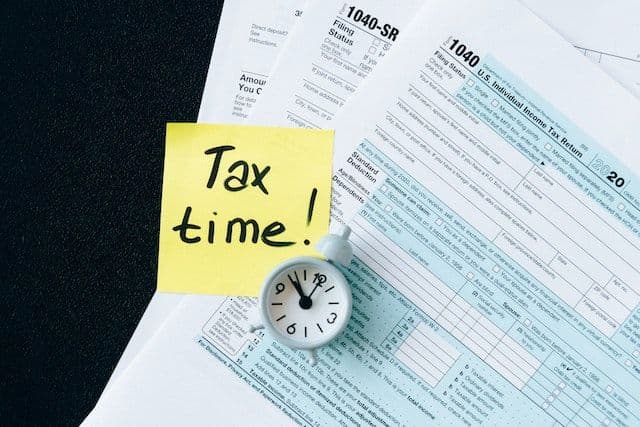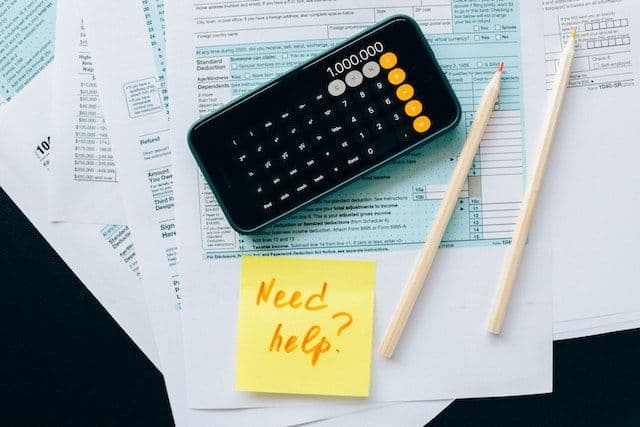Are Full-Time Students Exempt From Paying Tax in The UK?

As a full-time student studying in the UK, you may be wondering if you are liable to pay income tax. Wouldn’t it be nice if taxes were a problem for later in life?
The good news is that some taxes - such as council tax - do not need to be paid by students. Wahoo! This is a blanket rule for all households inhabited by full-time students.
But, unfortunately for students, no one is able to avoid other kinds of taxes. When it comes to income tax, for example, everyone in the UK must play by the same rulebook.
Let’s break it down for you..
How Do You Know If You Need To Pay Income Tax?
Let’s start with the basics of UK income tax.
In the UK, everybody can earn what is known as a personal allowance of tax-free income. As of the tax year 2022/2023, the personal allowance is £12,570. This threshold will remain the same until April 2028. Until then, income tax and National Insurance will apply to anything earnt beyond this point.
What this means, is that any student earning below £12,570 will be exempt from paying taxes. Those earning above the threshold will not.
So, if you earn below £12,570 then technically yes, you are exempt from paying taxes!
Does A Full-Time Student Pay Income Tax In The UK?
If a student is earning above the threshold, they will need to pay income taxes at the basic rate.
To earn above the UK tax threshold, you will need to earn over £1062 per month. Assuming (as a student) you are earning the minimum wage of £10.18 per hour, this would mean nearly 105 hours of work per month.
Now, this isn’t to say that all part-time jobs don’t pay well. It may be the case that you get a part-time job or start a successful side hustle and earn above the threshold as a result. If this does happen, you will need to pay the relevant taxes just like anyone else.
If you would like to avoid paying income tax, keep an eye on your earnings to ensure that you don’t earn above the threshold.
How Do Full-Time Students Pay Tax?
Students working at a bar, shop or cafe for example, can put their feet up with tax returns. Luckily, in this case, it's your employer’s job to sort your taxes. This will be done through the Pay As You Earn (PAYE) system and is automatically deducted from your monthly salary.
If you are self-employed, it is down to you to register with HMRC and process your own tax returns. To do this, it is important to keep an accurate record of any income and expenses. This will allow you to document your income tax and National Insurance contributions.
Do Student Loan Payments Count Towards My Personal Allowance?
Whilst full-time students are liable to pay taxes, some forms of income may be exempt from counting towards your threshold allowance.
If a student is in full-time education, they may receive extra forms of financial help. This could include payments such as scholarships, grants, or bursaries.
Because this money is given solely for educational purposes, it is not subject to income tax and does not count towards a student’s personal allowance.
Conclusion
The bottom line is that students are liable to pay taxes like everyone else. If a student earns above the personal allowance, they will have to pay taxes.
However, if you think you might be eligible for tax exemptions, it would always be best to seek the advice of a financial advisor first.
But regardless of liability, all full-time students should familiarise themselves with UK tax regulations. Whilst the world of full-time work may seem a long way off, start preparing for it early. This will help any student become more financially responsible and ready for working life after full-time education.
Want to improve your financial literacy and work towards your savings goals? Get started with Prograd today.



